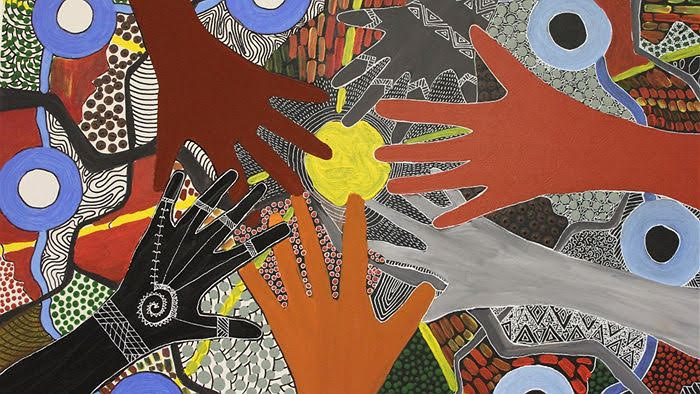Author: Diana Shellenberger
“In Christ, God was reconciling the world to himself, not counting their trespasses against them, and entrusting to us the message of reconciliation.” 2 Corinthians 5:18-19
Though conflict is an inevitable part of life, I don’t know many people who like conflict or are particularly skilled in managing it. We avoid conflict because we believe it can separate us from whom and what is good in our lives. It is tempting to pretend that a good round of “Kumbaya” will resolve conflict and allow us to carry on as is—even if the status quo is based on oppression. That conflict is a constant shadow in our collective life means we have yet to utilize meaningful and lasting ways to reconcile, not just with each other, but within ourselves.
Reconciliation is one of the most striking aspects of Christ’s ministry. The word originates in the Latin reconciliare, which means “to bring back together.” This translation brings to mind the mending together of frayed endings. Jesus does everything in his power to improve life by bringing people into better understanding of their value as individuals and community builders. In the New Testament, we read about Jesus’s brilliant teaching, his courage in speaking out against oppression, his skill in healing all manner of maladies, his mentorship of the disciples and his acceptance of his conviction and execution in service of greater spiritual good—all signs of his mastery of the art of reconciliation. We rightfully pray to Christ to deliver us from evil. But the scripture plainly says those who call ourselves Christians are entrusted with continuing the work of reconciliation.
The life work of Rev. Dr. Martin Luther King, Jr., provides us with a modern road map for the practice of reconciliation. Like Christ, Dr. King sought to make life better for all people. He knew that feeling superior to people based on the color of their skin is just as soul-destroying as being subject to racism. Like Jesus, he did not shrink from conflict. He met it head on, teaching his disciples to protest nonviolently, through boycotts and marches and sermons. Violence ended his life, but his legacy of healing and reconciliation continue.
In my own experience, I have learned that reconciling with adversaries is not always possible. Nor will reconciliation restore the parts of ourselves lost through conflict. We pray to God, who has the power to make all things good, that by practicing reconciliation something new and beautiful will grow from rejoining the frayed endings we all experience.




